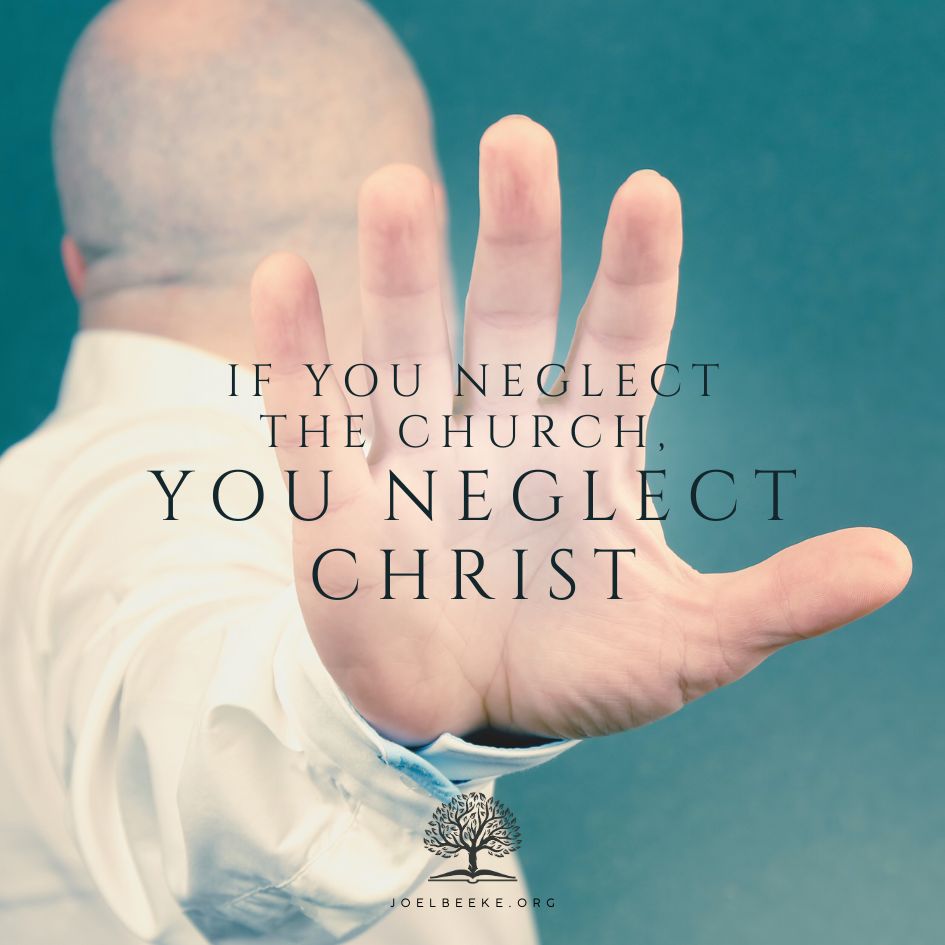
Paul says, “Ye are God’s building. According to the grace of God which is given unto me, as a wise masterbuilder, I have laid the foundation. . . . For other foundation can no man lay than that is laid, which is Jesus Christ” (1 Cor. 3:9–11). We must build God’s church in God’s way. Therefore, we must know the word of Christ to serve the church of Christ.
This principle applies not only to laying the foundation of the gospel of Christ but also to how we build on that foundation. Paul explains, “Now if any man build upon this foundation gold, silver, precious stones, wood, hay, stubble; every man’s work shall be made manifest: for the day shall declare it, because it shall be revealed by fire; and the fire shall try every man’s work of what sort it is” (1 Cor. 3:12–13). Though this Scripture passage is sometimes applied to individual Christians, in its context it particularly applies to gospel ministers (vv. 5–9). The two kinds of building materials, some precious and others perishable, symbolize two sources of wisdom for building the church: the wisdom of God in Christ versus the wisdom of this world.1Note the contrast between the two wisdoms in 1 Cor. 1:17–22, 24, 26–27, 30; 2:1, 4–7, 13; 3:10, 18–20. Paul’s words imply that we must exercise discernment in evaluating the ministry of the church, for God will judge his servants. The church is rightly the subject of criticism, has never arrived at its lofty goals in this age, and sometimes fails horrendously. Yet how shall we critique the church constructively without knowing God’s standard for what it should be?
Christians have always faced the danger of building the church according to man’s wisdom. Human wisdom might present itself in the form of Jewish traditions, Greek philosophies,2On a Christian approach to non-Christian philosophies, see RST, 1:215–20. cultural preferences, longestablished man-made customs in the church, syncretism that fuses pagan practices with Christianity, opportunities for political power, innovative ideas from progressive thinkers, and pragmatic techniques for church growth. Pragmatism in church practice is certainly a problem in the contemporary evangelical movement. Nathan Hatch says, “The tendency is for us to anoint as leaders those who build a mass following in the free religious market. The thorny problem is that these leaders are not necessarily wise churchmen. . . . The long-term question for evangelicals is what kind of shepherds we will follow.”3Nathan O. Hatch, Wheaton College Alumni Magazine (Summer 1999): 10–11, cited in Culver, Systematic Theology, 807. A weak grasp of the Bible’s ecclesiology opens the church to worldly ideas, which results in worldly living.
That is not to say that we are to ignore all human reasoning and common sense when it comes to directing the church. Thanks to God’s common grace, human reasoning often produces helpful ideas about “some circumstances concerning the worship of God, and government of the Church, common to human actions and societies.”4Westminster Confession of Faith (1.6), in Reformed Confessions, 4:235.
However, to build the church wisely and well, we must know and obey God’s Word, which is sufficient to teach us everything necessary for salvation and a godly life.5On the sufficiency of the Holy Scriptures, see RST, 1:395–408 (chap. 22). Ecclesiology drawn from the Holy Scriptures is God’s blueprint for building his temple on earth and his operator’s manual for identifying and properly using the tools we need to construct it. John Brown of Haddington (1722–1787) said, “The church, being founded upon revelation alone, ought to be wholly regulated by the measuring reed and the line of God’s word.”6John Brown of Haddington, Systematic Theology: A Compendious View of Natural and Revealed Religion (Grand Rapids, MI: Reformation Heritage Books, 2002), 551. We have slightly modernized the punctuation.
Excerpt by
Reformed Systematic Theology, Volume 4
Joel R. Beeke and Paul M. Smalley







